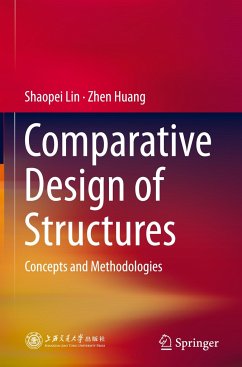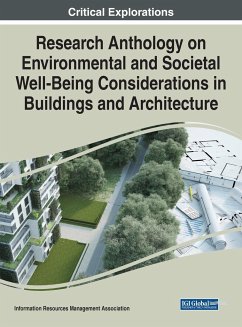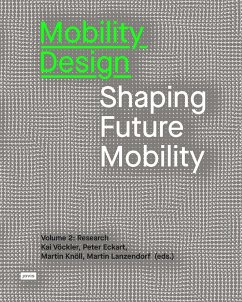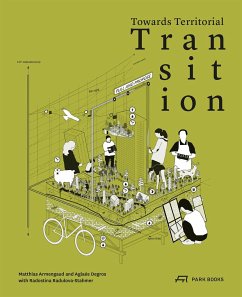
Advances in Human Factors, Sustainable Urban Planning and Infrastructure
Proceedings of the AHFE 2017 International Conference on Human Factors, Sustainable Urban Planning and Infrastructure, July 17¿21, 2017, The Westin Bonaventure Hotel, Los Angeles, California, USA
Herausgegeben: Charytonowicz, Jerzy

PAYBACK Punkte
57 °P sammeln!
This book deals with human factors research directed towards realizing and assessing sustainability in the built environment. It reports on advanced engineering methods for sustainable infrastructure design, as well as on assessments of the efficient methods and the social, environmental, and economic impact of various designs and projects. The book covers a range of topics, including the use of recycled materials in architecture, ergonomics in buildings and public design, sustainable design for smart cities, design for the aging population, industrial design, human scale in architecture, and ...
This book deals with human factors research directed towards realizing and assessing sustainability in the built environment. It reports on advanced engineering methods for sustainable infrastructure design, as well as on assessments of the efficient methods and the social, environmental, and economic impact of various designs and projects. The book covers a range of topics, including the use of recycled materials in architecture, ergonomics in buildings and public design, sustainable design for smart cities, design for the aging population, industrial design, human scale in architecture, and many more. Based on the AHFE 2017 International Conference on Human Factors, Sustainable Urban Planning and Infrastructure, held on July 17-21, 2017, in Los Angeles, California, USA, this book, by showing different perspectives on sustainability and ergonomics, represents a useful source of information for designers in general, urban engineers, architects, infrastructure professionals, practitioners, public infrastructure owners, policy makers, government engineers and planners, as well as operations managers, and academics active in applied research.












